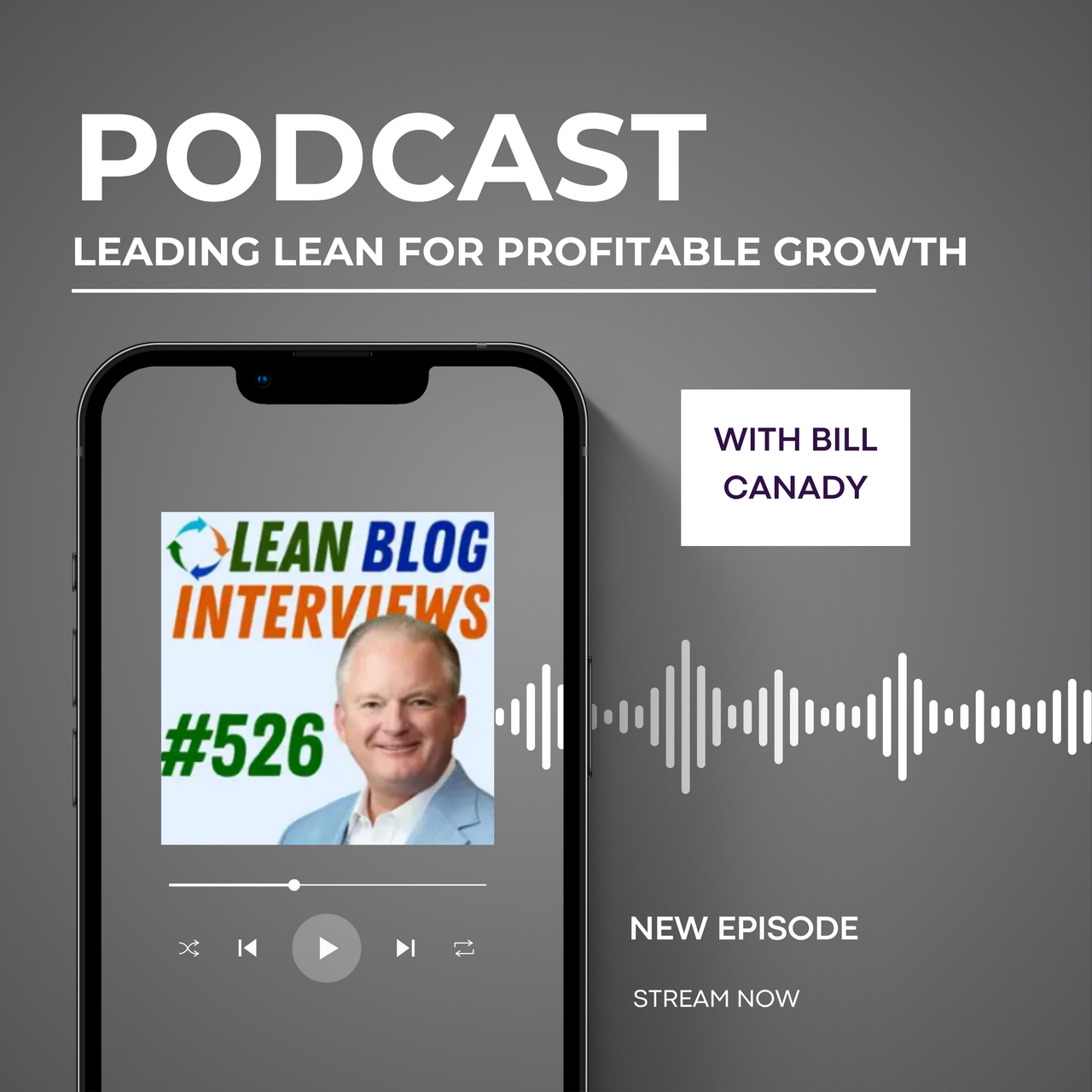The 80/20 CEO: Bill Canady Shares His Formula on the Lean Blog Interviews Podcast
by Bill Canady in Blog, Podcast
July 15, 2025

On a recent episode of the LeanBlog Podcast (Episode #526), host Mark Graban sat down with Bill Canady, a distinguished global business leader and CEO, to discuss his "Profitable Growth Operating System" (PGOS). Canady shared a wealth of knowledge on leadership, the practical application of continuous improvement, and the strategic power of the 80/20 principle.
Currently the CEO of Arrowhead Engineered Products and Chairman of OTC Industrial Technologies, Canady’s track record speaks for itself. He led OTC Industrial Technologies to over a billion dollars in annual revenue—a 43% increase—while simultaneously boosting earnings by an incredible 78%. A U.S. Navy veteran with an MBA from the University of Chicago Booth School of Business, Canady is also the author of The 80/20 CEO: Take Command of Your Business in 100 Days and the upcoming From Panic to Profit: Uncover Value, Boost Revenue, and Grow Your Business with the 80/20 Principle, set to launch on April 29th.
Want to learn more? Bill will be a guest on an upcoming "Ask the CEO" webinar hosted by KaiNexus on April 23rd. This interactive session is a prime opportunity to ask him about leadership, lean, the 80/20 principle, and his PGOS.
A Journey Forged by Continuous Improvement
Canady's path to continuous improvement began with a Six Sigma implementation he described as something "kind of done to me." Though he earned a Green Belt, his focus quickly pivoted to Lean, where the emphasis on waste reduction resonated deeply. He saw that Lean tools empowered his team to "control our own destiny" and deliver superior customer value.
A pivotal moment in his career came when he realized the most significant opportunities for improvement were not just on the "concrete" of the factory floor but also on the "carpet" of the office. By applying Kaizen events and value stream mapping to administrative processes like "order to cash," he discovered that saving days in the office could be far more impactful than saving seconds in production. This insight broadened his perspective, demonstrating that a common Lean language could unite and optimize an entire business around customer needs.
Leadership and a "Condition of Employment" for Lean
As CEO, Canady's philosophy is that "we're all in it together." He has made the SQDC (Safety, Quality, Delivery, Cost) board a cornerstone of his daily management system in every business he has led. This tool provides stability and focus, ensuring the operational "machine" continues to work, even during periods of major change.
Canady strongly believes that for Lean to be successful, leaders must be personally engaged and "make it a condition of employment." He embeds Lean resources directly within business units rather than creating a detached corporate team. The key, he notes, is the consistent and universal application of the tools, regardless of what the boards are called.
When confronted with resistance, his approach is both direct and transparent:
- Relentless communication about the company's strategic direction.
- A clear stance that participation is "not optional," delivered without public shaming.
- Acceptance of mistakes as part of the learning process, with no tolerance for a lack of effort or "malicious compliance."
- A frank acknowledgment that some individuals may not be a fit for a continuous improvement culture. He counters the common "we're different" excuse by pointing to poor performance as the actual differentiator.
Lean, Growth, and the 80/20 Principle
Canady challenges the misconception that Lean is merely a cost-cutting tool, calling it "more than just a one-trick pony." He views it as a system to identify and monetize waste—turning excess inventory into "stacks of cash" that can be reinvested for growth. This approach ensures the long-term health of the company, protecting jobs and enabling growth.
The SQDC board is a daily focus, with "S" for Safety being paramount. For Canady, safety encompasses both the physical and mental well-being of his employees, ensuring they "go home in the same shape that they've got there in." He is also adamant that quality can never be sacrificed for short-term cost savings, citing the long-term damage General Motors did to its brand by prioritizing cost over quality.
The true genius of Canady's system lies in the fusion of Lean with the Pareto Principle (80/20). He explains that while Lean is powerful, its efforts can be misdirected. The 80/20 principle provides the strategic focus.
"80/20 tells you what to aim at. It does not tell you how to fix it. It says this is where the money's at. Lean will show you how to get that thing flowing again."
This powerful combination ensures that resources are aimed at business-critical issues, not just interesting but trivial problems.
Cultivating Continuous Improvement
To help other organizations foster a culture of continuous improvement, Canady champions the 70/20/10 learning model:
- 10% Formal Training: Reading books and listening to podcasts.
- 20% Expert Mentoring: Hiring outside experts for guidance.
- 70% Hands-On Application (OJT): Actively using tools like Kaizens and setting up daily management boards.
His books are designed to facilitate this journey. The 80/20 CEO offers a high-level overview for leaders to take command in their first 100 days, while the forthcoming From Panic to Profit provides a deeper, multi-year roadmap for strategy and segmentation.
Bill Canady's insights serve as a powerful reminder that continuous improvement, when combined with strategic focus and unwavering leadership, is the ultimate engine for sustainable and profitable growth.
To hear the full conversation, visit www.leanblog.org/526.
